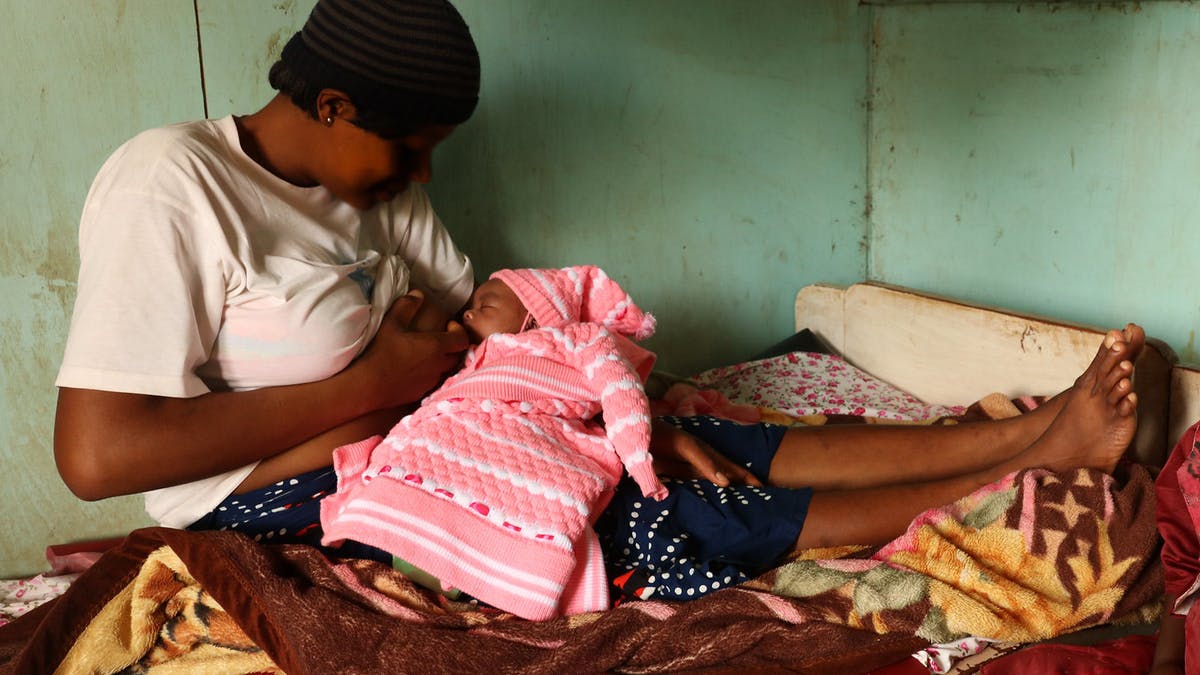Save the Children’s thirteenth State of the World’s Mothers report shows Niger as the worst place to be a mother in the world – replacing Afghanistan for the first time in two years. Norway comes in at first place.
The ranking which compare 165 countries around the globe, looks at factors such as mother’s health, education and economic status, as well as critical child indicators such as health and nutrition. The report, which has been released globally today, ranks Kenya at 65th position.
The top 10 countries rated as Best Place to Be a Mother, according to the report, are Norway, Iceland, Sweden, New Zealand, Denmark, Finland, Australia, Belgium, Ireland and Netherlands/United Kingdom. The Bottom ten countries in the rankings are DR Congo, South Sudan, Sudan, Chad, Eritrea, Mali, Guinea Bissau, Yemen, Afghanistan and Niger. Norway, which is rated at the top slot, ranks among the very best in contraceptive use, female education and political representation, and has the most generous maternity leave policies in the developed world.
It also has the highest ratio of female to male earned income and second lowest under 5 mortality rates in the developed world. The report’s release, which comes just days ahead of Mother’s Day, casts a dark cloud around the current state of mothers in Sub-Saharan Africa, which register the highest maternal and child mortalities, complications and malnutrition as a result of among other things, pregnancy, child birth, poor nutrition, lack of access to skilled medical attention, insecurity and natural calamities.
Of the 10 countries at the bottom of Save the Children’s unique annual index, seven are in the midst of a food crisis. Niger, in bottom place, is currently in the grip of a worsening hunger situation, threatening the lives of a million children. Four of the bottom ten countries have seen an increase in stunting over the past two decades. The report details a vicious cycle of how mothers, who may themselves have been stunted in childhood, go on to give birth to underweight babies who have not been adequately nourished in the womb.
If a mother is impoverished, overworked, poorly educated and in poor health, she may not be able to feed the baby adequately, with largely irreversible effects. Good nutrition during the 1,000 day period between the start of a woman’s pregnancy and her child’s second birthday is critical to the future health, well-being and success of her child. The right nutrition during this window can have a profound impact on a child’s ability to grow, learn and rise out of poverty.
It also benefits society by boosting productivity and improving economic prospect s for families and communities. Save the Children calls for more global action to tackle the vicious cycle of maternal and child malnutrition when G8 leaders gather in Camp David later this month.
Mr, Prasant Naik , Save the Children Kenya Country Director said: “The 2012 State of the World’s Mothers shows clearly that this crisis of chronic malnutrition has devastating effects on both mothers and their children. We urgently need global leadership on malnutrition that results in key nutrition projects being rolled out for mothers and babies to ensure their health and survival” In new research for the report, Save the Children found that the simple measure of supporting mums to breastfeed could save one million children’s lives a year.”
Yet the report also shows that less than 40% of all infants in developing countries receive the full benefits of exclusive breastfeeding. This is due, in part, to countries lacking strong commitment and complimentary programmes that enable mothers to breastfeed. In Kenya, only 32% of women exclusively breastfeed their new-borns for the recommended first 6 months of life. The median duration of exclusive breastfeeding is a dismal 2.5 months.
When the two do combine, the report shows that it can have success even in low-income countries as it has done in Malawi and Madagascar. Ms Wanja Gitonga, EVERY ONE campaign manager from Save the Children said, “Our report shows that a mother’s breast milk – one single nutrition intervention – can save a million children’s lives each year. Policies and programmes must be put in place in all countries to ensure all mothers have the support they need to choose to breastfeed if they want to. Acting now not only saves lives, but saves dollars as well.”
Among the report’s recommendations are:
The G8 delivers bold commitments to tackle the global hidden crisis of chronic malnutrition, blighting the lives of millions of mothers and children.
All governments make fighting malnutrition a priority, setting targets for their own countries and around the world Developing Country governments should scale up nutrition programmes around the first 1000 days, from a mother’s pregnancy to the child’s second birthday.
Developing country governments must commit and fund national nutrition plans of action – including breastfeeding – that are aligned with plans for maternal and child health, Donor countries should continue to keep their commitments to deliver their international assistance budgets, so that governments can continue to invest in global health and development, including nutrition.








Leave a comment